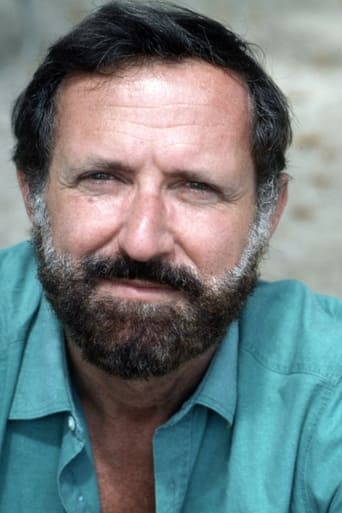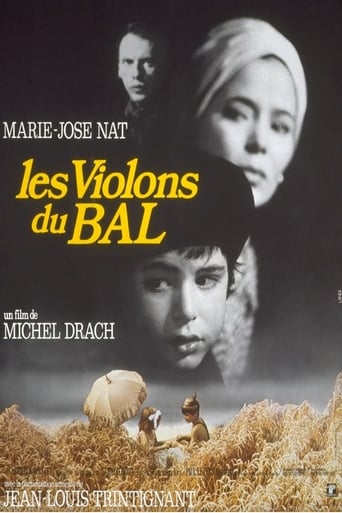

Michel Drach
Michel Drach begins at the time of the New Wave, but belongs to no current. He realizes romantic movies, very political films that scandal movies on very personal melancholy. After studying painting at the Academy of Fine Arts, it is oriented towards the cinema by his cousin Jean-Pierre Melville, where he became the assistant. It begins with short films in a very personal invoice, which Soliloques the poor (1951) and Auditorium (1957) and then passes feature film is not buried on Sunday (1959) study on the existential loneliness of a "Black" in Paris, which earned him the Louis Delluc price announcement by the style of filming and production method, the New Wave. The delicacy and warmth of its beings approach are confirmed in the melancholy or love Amelie time (1962). After the interlude of the Good Occase (1965) and Diamond Safari (1966), it is the auteur cinema (it is writer of all his films) with Elise, or Real Life (1970, according to Claire book Etcherelli), where talent thrives Marie-José Nat, his wife, in the character of a bruised love with a French Algerian (performer Mohamed Chouikh) at the time of the war in Algeria. Its commitment to the left appears again in Violins at the Ball (1974), involved mention of his Jewish childhood during the Occupation, and The Pull-Over Red (1979), a chronicle of an alleged miscarriage of justice. In Speak to Me of Love (1975), The Simple Past (1977) and Guy de Maupassant (1982), he confirms its attractiveness to psychological intrigue. In 1986, Flee Lola, it addresses the issue of cancer, and the relations between grandfather and toddler son in it is awesome Grandpa (1987). He is married to Marie-José Nat with whom he had three children, David, Julian and Aurelian. He is also the cousin of Nicole Stephane.
Read bio at tmdb | Read bio at Wikipedia
- Born:
- Oct 18, 1930 In Paris, France
- Movie/TV Credits:
- 1
- First Appeared:
- In the movie Violins at the Ball 1974-06-02
- Latest Project:
- Movie Violins at the Ball 1974-06-02
| Movie | Violins at the Ball | Michel | 1974-06-02 |
